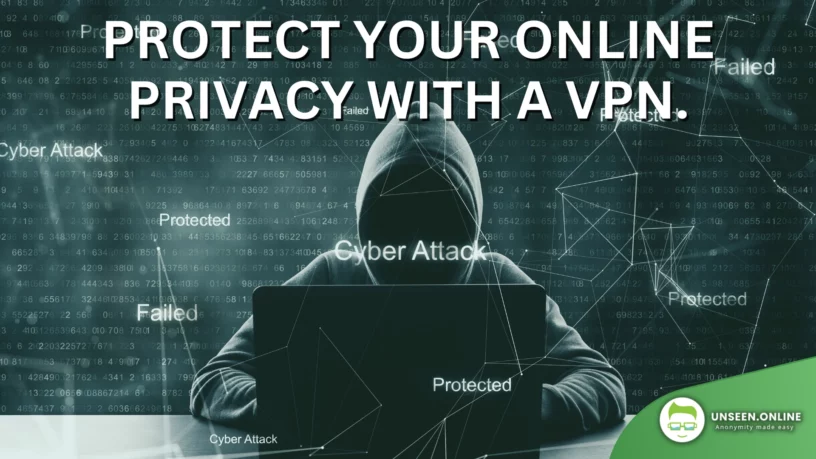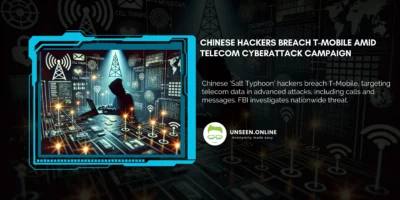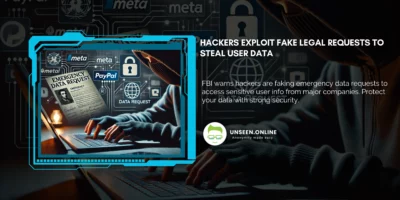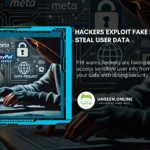The internet is a powerful tool, but it can also be a dangerous place. With so much of our personal information now stored online, we are at increasing risk of identity theft, fraud, and other cybercrimes.
One way to protect your online privacy is to use a VPN, or virtual private network. A VPN encrypts your internet traffic and routes it through a secure server, making it much more difficult for hackers and other malicious actors to intercept your data.
VPNs are especially important when using public Wi-Fi networks, which are often unsecured and can be easily exploited by cybercriminals. A VPN can also help you bypass geo-restrictions and access content that is not available in your region.
Latest threats to online privacy
There are a number of new and emerging threats to online privacy, including:
- Deepfakes: Deepfakes are videos or audio recordings that have been manipulated to make it appear as if someone is saying or doing something they never actually said or did. Deepfakes can be used to spread misinformation, damage reputations, and even extort people.
- State-sponsored surveillance: Governments around the world are increasingly using sophisticated surveillance tools to monitor their citizens’ online activity. This includes tracking people’s browsing history, social media posts, and even their private communications.
- Data breaches: Data breaches are becoming increasingly common, as hackers are able to exploit vulnerabilities in corporate and government systems to steal sensitive information. This information can then be used for identity theft, fraud, and other crimes.
How to protect yourself
There are a number of things you can do to protect your online privacy, including:
- Use a strong password manager: A password manager can help you create and store strong, unique passwords for all of your online accounts. This is one of the most important things you can do to protect yourself from hackers.
- Be careful about what information you share online: Don’t share personal information, such as your home address or phone number, with strangers online. Be especially careful about what information you share on social media.
- Use a VPN: A VPN can help to protect your online privacy and security by encrypting your internet traffic and routing it through a secure server.
Unseen Online – Freedom VPN
Unseen Online – Freedom VPN is a free and unlimited VPN service that can help you protect your online privacy and security. Unseen Online – Freedom VPN encrypts your internet traffic and routes it through a secure server, making it much more difficult for hackers and other malicious actors to intercept your data.
Unseen Online – Freedom VPN is also a great way to bypass geo-restrictions and access content that is not available in your region. For example, if you are traveling to a country where Netflix is not available, you can use Unseen Online – Freedom VPN to connect to a server in the United States and watch Netflix as if you were there.
To download Unseen Online – Freedom VPN, visit the website at https://unseen.online/
Conclusion
Online privacy is more important than ever before. By taking the steps outlined above, you can protect yourself from the latest threats to your privacy and security.







